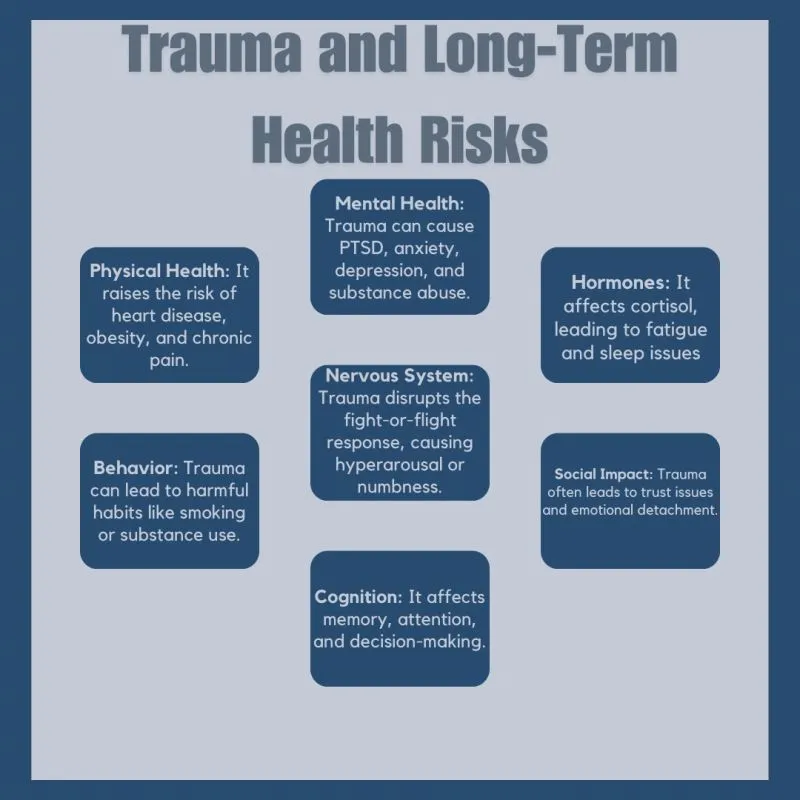Overthinking affects millions of people, turning simple decisions into mental marathons and peaceful moments into worry sessions. Research shows mindfulness-based cognitive therapy can reduce rumination by up to 58%. Learn practical strategies to quiet your racing mind and find the peace you deserve.
When Your Brain Becomes Your Biggest Enemy: The Exhausting Reality of Overthinking
It's 2 AM and you're still replaying that conversation from three days ago, analyzing every word choice and facial expression. You spend an hour deciding what to wear because each option seems to send a different message. A simple text from a friend gets dissected like a literary masterpiece, searching for hidden meanings that probably don't exist. If this sounds familiar, you're not alone—and you're not broken. Overthinking is your brain's misguided attempt to solve problems and prevent future pain, but instead of protecting you, it often traps you in cycles of worry and mental exhaustion. At LissnUp, we understand that when your mind won't give you peace, it affects every area of your life. The good news? Your thoughts don't have to control you. Learning to manage overthinking isn't about eliminating all worry—it's about regaining control over your mental space.
What Overthinking Actually Is (And Why Your Brain Does It)
The Difference Between Problem-Solving and Overthinking
Healthy thinking leads to solutions and forward movement. Overthinking, however, is like running on a mental treadmill—lots of energy expended with no actual progress. When you're overthinking, you're stuck in loops of 'what if' scenarios, endlessly replaying past events, or trying to control future outcomes by thinking about them obsessively. The key difference is that productive thinking has an end point and leads to action, while overthinking feels endless and paralyzing.
Why Your Brain Gets Stuck in Thinking Loops
Your brain evolved to scan for threats and solve problems—skills that kept our ancestors alive. In today's world, this same system can misfire, treating everyday uncertainties like life-or-death situations. When you're overthinking, your brain believes it's protecting you by trying to think through every possible scenario. Unfortunately, this 'protective' mechanism often creates more anxiety than the original concern ever could.
The Hidden Cost of Mental Marathons
Chronic overthinking doesn't just feel mentally exhausting—it literally drains your cognitive resources and can lead to decision fatigue, increased anxiety and depression, difficulty sleeping, physical tension and headaches, and problems focusing on important tasks. Research shows that rumination (repetitive negative thinking) is strongly linked to anxiety and depression, creating a cycle where overthinking makes you feel worse, which gives you more to overthink about.
Recognizing When Thinking Becomes Overthinking
The Warning Signs Your Mind Is Stuck
You're overthinking when you find yourself replaying conversations or events repeatedly without reaching new insights, imagining worst-case scenarios for everyday situations, second-guessing decisions you've already made multiple times, losing sleep because your mind won't 'turn off,' feeling paralyzed by choices that used to feel simple, or asking the same questions to multiple people hoping for reassurance. These patterns indicate your thinking has shifted from helpful to harmful.
Common Overthinking Triggers
Certain situations tend to activate overthinking patterns: uncertainty about the future, conflict or tension in relationships, making important decisions, perceived criticism or rejection, comparison with others (especially on social media), and transitions or changes in life circumstances. Recognizing your personal triggers helps you prepare strategies before you get caught in the mental whirlwind.
Practical Strategies to Quiet Your Racing Mind
The '5-4-3-2-1' Grounding Technique
When your thoughts are spiraling, use your senses to anchor yourself in the present moment. Identify 5 things you can see, 4 things you can touch, 3 things you can hear, 2 things you can smell, and 1 thing you can taste. This technique interrupts the overthinking loop by engaging different parts of your brain and bringing your attention back to the here and now.
Set a 'Worry Window'
Instead of trying to eliminate worries completely, contain them. Set aside 15-20 minutes each day as your designated 'worry time.' When anxious thoughts arise outside this window, write them down and remind yourself to address them during your scheduled worry period. This technique helps you feel more in control while preventing overthinking from taking over your entire day.
The 'Is This Helpful?' Question
When you catch yourself overthinking, pause and ask: 'Is this thinking helping me solve a problem or take action?' If the answer is no, gently redirect your attention to something more productive. This isn't about judging your thoughts as 'bad'—it's about recognizing when your mental energy could be better spent elsewhere.
Practice the 'Mental Stop Sign'
When you notice overthinking starting, visualize a red stop sign and say 'STOP' either out loud or in your mind. Then immediately engage in a different activity—go for a walk, call a friend, do jumping jacks, or focus on something requiring your full attention. The key is to interrupt the thought pattern before it gains momentum.
Building Long-Term Mental Peace
Mindfulness: Your Mental Reset Button
Research shows that mindfulness-based interventions can significantly reduce rumination and overthinking. Start with just 5 minutes daily of mindful breathing, focusing on the sensation of air entering and leaving your body. When your mind wanders (and it will), gently bring attention back to your breath without judgment. This practice strengthens your ability to notice when you're overthinking and redirect your attention.
Challenge Your Thinking Patterns
Overthinking often involves cognitive distortions—unrealistic or unhelpful thought patterns. Common ones include catastrophizing (assuming the worst will happen), mind reading (believing you know what others think), and all-or-nothing thinking (seeing situations as entirely good or bad). When you notice these patterns, ask yourself: 'What evidence do I have for this thought?' and 'What would I tell a friend in this situation?'
Create 'Mental Movement'
Physical activity can break overthinking cycles by shifting your brain's focus and releasing tension. This doesn't require intense exercise—even a short walk, some stretching, or doing household chores can help. The movement interrupts rumination and often provides mental clarity that pure thinking cannot achieve.
When to Seek Additional Support
While these strategies can be very helpful, sometimes overthinking is a symptom of underlying anxiety or depression that benefits from professional support. Consider reaching out to a mental health professional if overthinking significantly interferes with your daily life, sleep, or relationships, you feel unable to control your worrying despite trying various techniques, or you experience physical symptoms like headaches, stomach issues, or chronic tension.
Remember, seeking help isn't failure—it's self-care. Sometimes having someone who can truly listen without judgment can help you process the underlying concerns that fuel overthinking.
Whether it's a therapist, trusted friend, or supportive listener, talking through your thoughts with someone else can provide perspective and relief that internal processing alone cannot achieve.
Your Thoughts Don't Define You—Your Response to Them Does
Learning to manage overthinking is a skill that improves with practice, not a destination you reach once and never struggle with again. Be patient with yourself as you develop these new mental habits. Some days will be easier than others, and that's completely normal. The goal isn't to become someone who never worries or thinks deeply about things—it's to regain control over your mental space so that thinking serves you rather than exhausting you. Remember: you are not your thoughts. You are the observer of your thoughts, and with practice, you can choose which ones deserve your attention and energy. Your mind is incredibly powerful, and when channeled properly, it can be your greatest ally in creating the peaceful, fulfilling life you deserve. Every time you successfully redirect overthinking, you're building mental resilience that will serve you for years to come.





